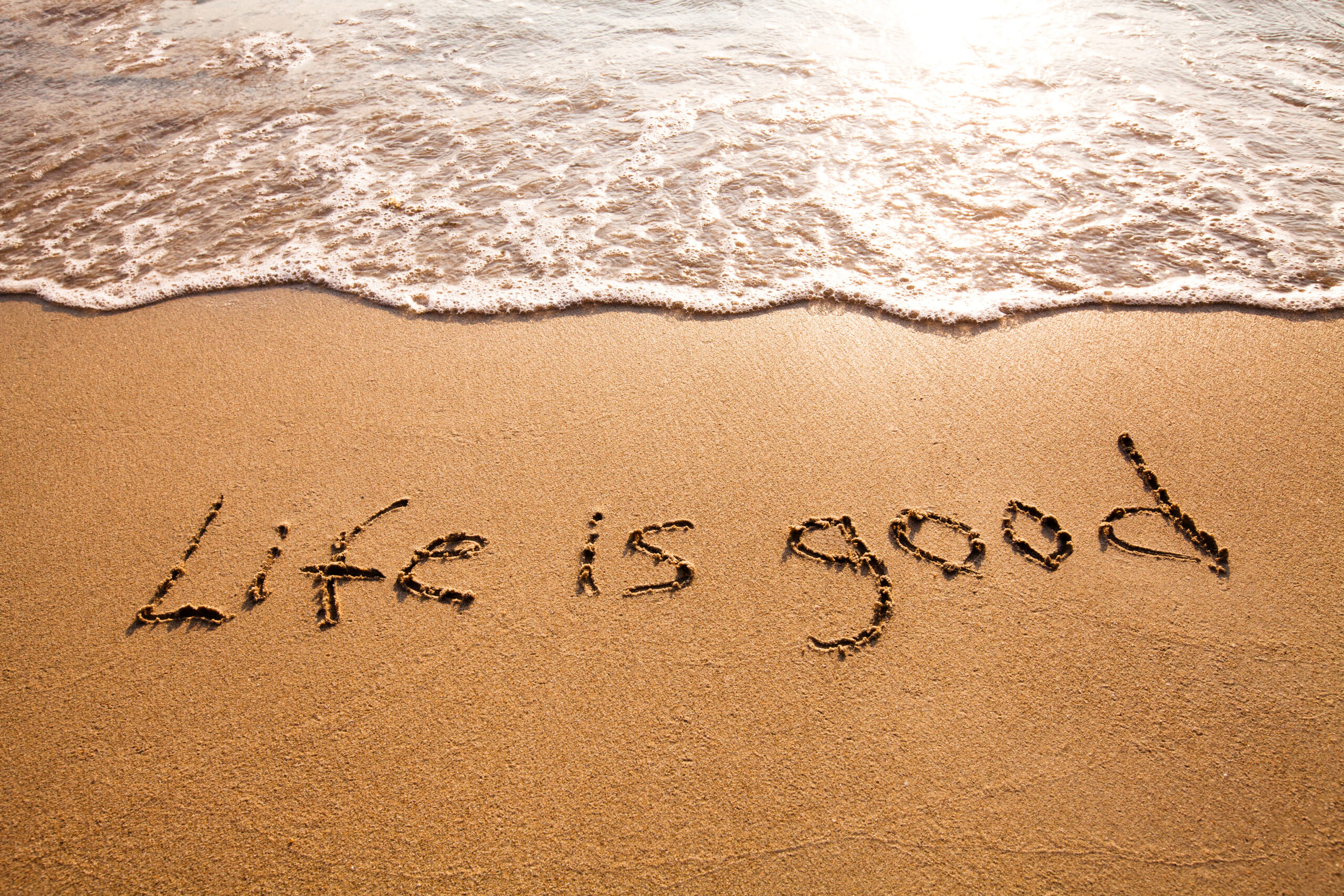The World Bank’s 2023 Atlas of Sustainable Development Goals, released this week, makes for sobering reading. After years of making progress towards reducing poverty and increasing school attendance, the Covid-19 pandemic has set the global project back several years because of its impact on income, employment, education, mortality and morbidity.
The SDGs stand as a global aspiration but according to the Atlas, we remain some way off attaining any of them. Combined with the current news of war, natural disasters, and economic instability, this can leave many feeling powerless when faced with the scale of the tasks set before us. As humans, we are primed by evolution to be alert to the threats around us. With a ceaseless stream of negative headlines, it can be easy to feel there are threats everywhere. However, it is important not to fall into this trap.
A small but significant movement has emerged in recent years to counter the rapid expansion of seemingly endless bad news from social and global news media. ‘Civic journalism’ – also known as ‘constructive journalism’ – aims to provide balanced coverage that provides a more nuanced picture of the world around us. It does this by providing a counterweight to the type of news reports that show only conflict and do not provide context, that rely on opinion rather than fact.
In her 2016 TedTalk, Danish journalist Cathrine Gyldensted spoke of her own epiphany concerning the impact of news reporting. According to Gyldensted, “tearing down is important – but rebuilding is crucial”. It is not enough to say that there is a problem; there is a corresponding obligation to consider what can be done in response.
A number of news sites now try to redress that balance between tearing down and building up. Check out Positive News , a social enterprise based in the UK which aims to report ‘what’s going right’. Or the Good News Network, a US-based website which seeks to show ‘that good news itself is not in short supply; the broadcasting of it is’.
The growth of civic journalism serves as a reminder that each of us retains the power to make a constructive impact to the world around us. Becoming informed is a social responsibility, but it is also an issue of health and wellbeing. A focus on what is wrong – in our own lives or the world we live in – can be disempowering, and will not help us to find solutions to the pressing problems we face.
There is ample research suggesting that our personal sense of control is strongly associated with better mental physical and mental health. Beginning with the Whitehall Study of British public servants in the 1960s, numerous studies have looked at the impact of a sense of control in one’s life, including a recent study of older adults which also found an association between sense of control and better mental and physical health outcomes.
Rather than disengaging from the news, it can be more beneficial to consider how we can respond to what’s happening. Start local, with the neighbourhood, town, state. Here are three things that each of us can do to help address the balance between the challenges of the world and our own locus of control:
- As leaders of organisations and teams: make the time to check facts, learn the context, and ask: what can we do about it?
- As citizens and neighbours: make the time to engage in dialogue, avoid jumping to conclusions, and ask: how can we move forward?
- As family members and friends: make the time to listen, reflect, and ask: how can I contribute?
There is good news, and it is generated every day in every country of the world. What’s the good news near you?

